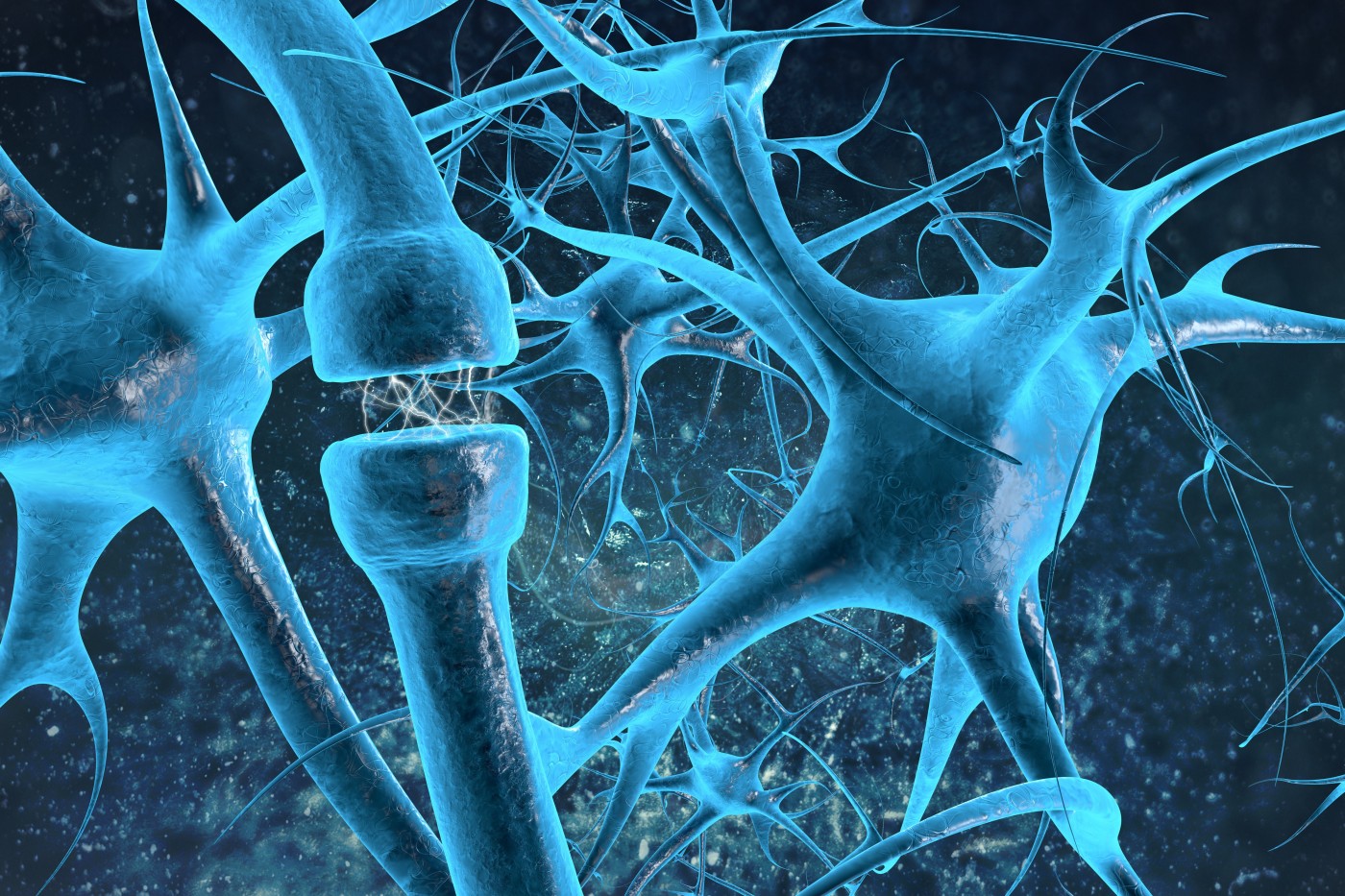MS Drug May Prevent Brain Damage in Premature Babies
Written by |

Premature infants are known to be at risk of cerebral injury due to oxygen deprivation and later problems with cognitive development, but an immunomodulating drug mostly used in the treatment of multiple sclerosis (MS) may be of help. Researchers in Germany and Switzerland reported that the drug fingolimod (Gilenya) prevented brain damage in newly born rats subjected to a lack of oxygen.
The article,“Fingolimod protects against neonatal white matter damage and long-term cognitive deficits caused by hyperoxia“ appeared in the February 2016 issue of the journal Brain, Behavior, and Immunity.
Premature birth occurs in about 10 percent of infants in developed countries. Although their care has greatly improved, early birth puts infants at risk for developmental problems through, possibly, damage to cerebral white and grey matter. White matter refers to myelinated portions of brain cells (neurons) responsible for carrying information from one brain region to another, and grey matter to neuron cell bodies.
Fingolimod is an approved treatment to prevent relapses in the relapsing-remitting form of MS (RRMS), and is marketed by Novartis under the name Gilenya. It is believed to reduce MS immune responses that attack white matter by acting on what is called the sphingosine 1-phosphate receptor. This may occur via inhibition of lymphocytes by the thymus. The drug may also act directly on the cells that produce white matter, known as oligodendrocytes, or by decreasing local brain immune responses.
The investigators, led by researchers at University Hospital Essen, University Duisburg-Essen, in Germany, studied whether one dose of fingolimod could protect both the white matter and cognitive development in neonatal rats deprived of oxygen — given oxygen at 80 percent of normal levels for six days after birth. Treatment with fingolimod at the beginning of oxygen deprivation was found to not only reduce white matter damage, but also to improve the animals’ performance on standard memory tests.
The effects of fingolimod appeared to be due to reduced degeneration of oligodendrocytes, white matter-producing cells. The medication’s other beneficial effects included a reduction in the brain’s immune response, specifically by reducing the activation of cells known as microglia. The microglia produced fewer cytokines, molecules that indicate an immune response, under fingolimod treatment. Reductions were also seen in a damaging process called oxidative stress, during which free radicals damage and kill cells.
Investigators concluded: “Taken together, these results suggest that beneficial effects of FTY720 [fingolimod] in neonatal oxygen-induced brain injury may be rather attributed to its anti-oxidative and anti-inflammatory capacity acting in concert with a direct protection of developing oligodendrocytes than to a modulation of peripheral lymphocyte trafficking. Thus, FTY720 might be a potential new therapeutic option for the treatment of neonatal brain injury through reduction of white matter damage.”
Overall, the study suggested that fingolimod could act on oligodendrocytes and microglia directly, having more specific effects on the brain than previously thought. The research, in addition to recommending a potential treatment for premature infants, shed further light on this drug’s possible mechanism of action in MS.


